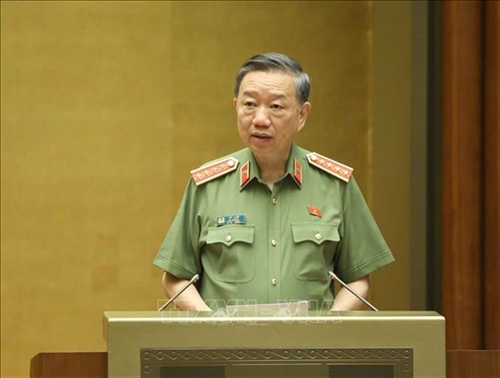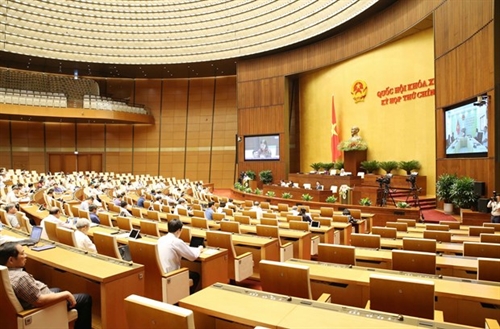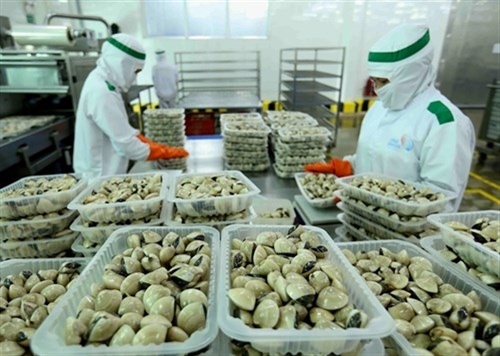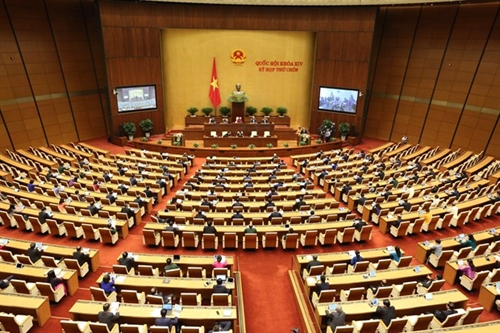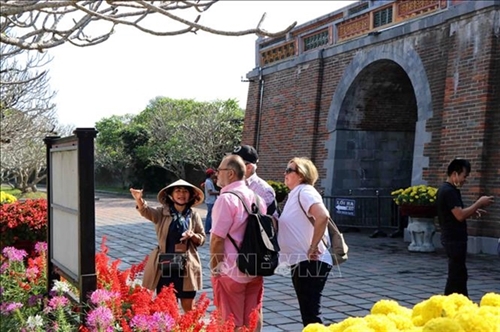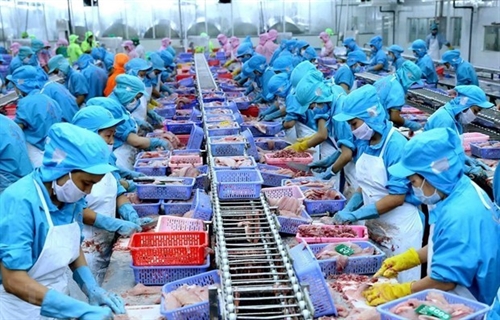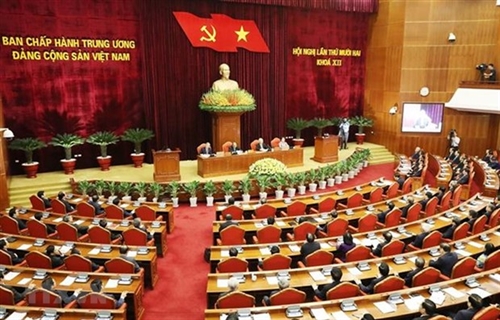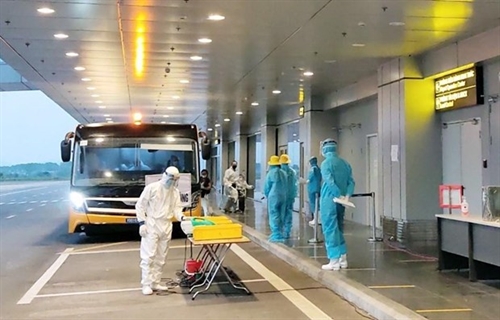National Assembly deputies continued discussing the development of agricultural production in the morning working session on May 25 with a focus on the draft resolution on agricultural land use tax exemptions.
At the ninth session of the 14th National Assembly, Minister of Finance Dinh Tien Dung made a report on the draft resolution, affirming the expansion of the subjects and the agricultural land use tax exemptions would create more jobs for rural areas and help farmers save large sums of money, improve their lives and made them stick to agricultural activities.
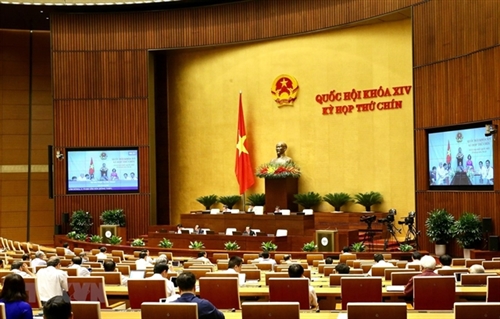 |
| The morning working session of the National Assembly focuses on the draft resolution on agricultural land use tax exemptions__Photo: VNA |
Dung noted that the policies on agricultural land use tax exemption and reduction have been implemented since 2001 and contributed to improve both the quality of farmers’ lives and the competitiveness of agricultural products in the world.
The tax exemption policy, which costs roughly VNĐ7.5 trillion (US$322 million) per year and was scheduled to be implemented until 2025, would continue boosting organizations and individuals in investing and working in this field, he added.
Dung pointed out the types of land eligible for the policy.
All of the agricultural land for research and trial production purposes but not converted to land rent, land with at least one rice crop in a year, land for salt production, and land allocated by the State to poor households and communities would be allowed to get tax exemption.
Households and individuals who were allocated land by the State for agricultural production, including inherited, donated or transferred land use rights, those who were members of agricultural production cooperatives and forestry farms or contributed their agricultural land for cooperatives establishment would be eligible for the policy.
The exemption of agricultural land use tax for agricultural land allocated by the State to organizations that were directly using it for agricultural production would also be implemented, he said.
During the afternoon session, the lawmakers are scheduled to continue with their discussion on the draft resolution. Some contentious contents of the document will be further tabled for debate.
Previously in the morning, the NA deputies devoted time to discuss the draft Law on Mediation and Dialogue at Court.
The Draft Law of Mediation and Dialogue at Court consists of four chapters and 29 articles, including general provisions on mediators, order of mediation procedures, dialogues and recognition of mediation results. — VNS
